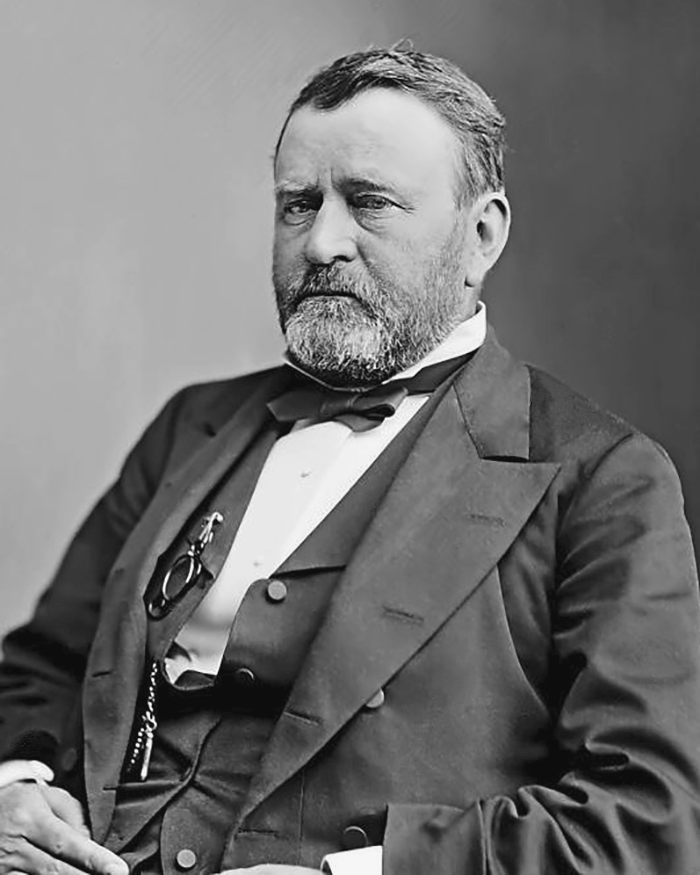Legacy of Ulysses S. Grant still relevant today
April 29, 2022
When President Ulysses S. Grant took office in 1869, the country was still recovering from the Civil War. Americans were sharply divided on the issues of crime and race, and an unprecedented level of violence rocked the country.
The rise in political violence saw Americans choosing to revolt and undo the progress made by the Union Army, as well as the civil rights gains made thereafter. Civil rights, racial equality and transparent elections were all under attack in Grant’s time.
Grant’s legacy demonstrates to Americans that the United States can overcome divisions and disagreements.
The past two years have seen the recent Black Lives Matter protests grow into one of the largest movements in American history. Additionally, a mob of former President Donald Trump supporters attacked the Capitol Building just over a year ago.
This is all without mentioning the surge in violent crimes across the country, including New York City, which saw an increase of 36.5% from the same time last year.
While current leaders look for solutions to the above problems, the state of Ohio will eagerly commemorate the bicentennial birth of Grant. The commemoration will take place at several locations related to Grant, including the General Grant National Memorial in Manhattan.
Grant served in the Mexican-American War before leaving the military to pursue a series of failed business ventures. He later rejoined the U.S. Army and quickly rose to become its top commander.
He was a general admired by former President Abraham Lincoln for his aggressive tactics on the battlefield. Grant was later elected to the first of two terms as president in 1868.
Grant was immensely admired at the time of his death, so much so that his portrait has graced the obverse side of the fifty-dollar bill since 1913.
A reassessment of Grant’s legacy is required now, 200 years after his birth, in a country confronting similar problems.
Among Grant’s lessons in leadership was his emphasis on the importance of understanding the humanity of those who disagree with others’ ideas. Both on the battlefield and on the national stage, he urged respect for the opposition without compromising one’s values.
On the day that Confederate forces surrendered, Grant allowed the opposing army to return home to their families. He did not take prisoners but instead urged his soldiers to see the rebels as fellow countrymen.
On the issue of race, Grant fought strongly to protect the rights of African Americans. It was under his administration that the 15th Amendment granted African Americans the right to vote. Grant was also known for hosting many prominent African American leaders at the White House.
When opposition to the above policies rose throughout southern states, it was Grant who deployed the U.S. military to dismantle the Ku Klux Klan and enforce the newly passed civil rights laws. His administration oversaw thousands of arrests and worked to reduce the number of rapes and murders in the South.
Consequently, to protect the rights of all Americans, elected officials must make it clear that there is no place in communities for insurrectionists or widespread violence.
Perhaps this will take the form of stronger crime legislation or an increased police presence. Regardless, there can be no room for healing or unity until that is understood and enforced.
The results may not be immediate, but they will be worthwhile.
Grant understood the need for accountability and justice before peace, first as a general and later as president.
As a result, elected officials should not only preach respect and solidarity between communities of color but also ensure that any threats of violence are confronted with an unwavering determination to their prevention and prosecution.
“Let us have peace,” Grant said as he accepted his nomination for the presidency, words all too relevant today.






